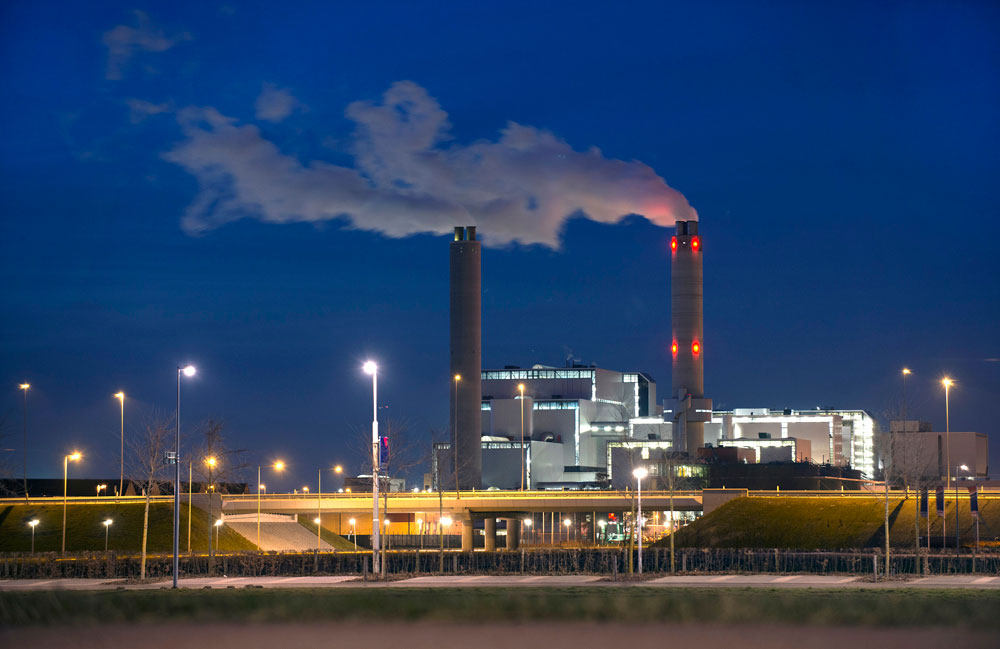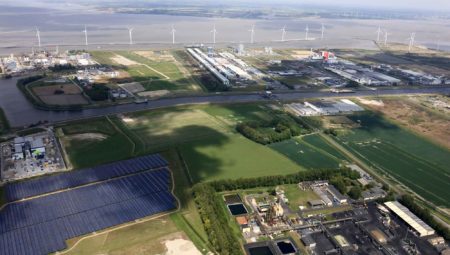The highly efficient technology developed in Amsterdam is applied to the sustainable processing of waste into energy and various raw and building materials. AWECT has recently bid for several international tenders in growing economies such as Indonesia, Pakistan, India and also Palestine.
The construction of the plant in Jenin will be carried out within a consortium with other local and international players. It will process 1200 tonnes of waste per day and will prevent new emissions of the greenhouse gas methane from landfills (methane is 26 times more potent than CO2). This will lead to a reduction of 400,000 tonnes of CO2 emissions per year.
More energy
The technology of AWECT/AEB is 30-50% more efficient than that of conventional power plants. This means that much more energy can be extracted from one kilo of waste. In addition, the emission of polluting gases will be very limited, remaining at or below 40% of the strict European standards.
Construction of the plant is expected to start in 2022. The project benefits from a 25-year power purchase agreement (PPA) and a 25-year waste concession.
The AEB plant in Amsterdam can generate 900 kWh of electricity from each tonne of waste, making it the most efficient in the world. AEB has processed more than 5.5 million tonnes of waste since it began operations in 2008. AWECT expects similar success from the plant in Palestine.
Image: AEB



